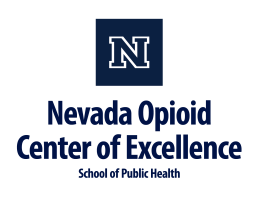
Effective treatment for opioid use disorder (OUD) is essential to saving lives and supporting long-term recovery. Opioid use disorder is a chronic but treatable condition, and evidence-based approaches—such as medications for opioid use disorder (MOUD), counseling, and behavioral therapies—have proven to reduce withdrawal symptoms, prevent relapse, and improve overall health outcomes. At the Nevada Opioid Center of Excellence, we connect individuals, families, and providers with trusted resources to navigate the treatment process. Whether you are seeking care, supporting a loved one, or providing treatment services, this page offers tools, information, and guidance to help you access and deliver effective, compassionate care for opioid use disorder.
